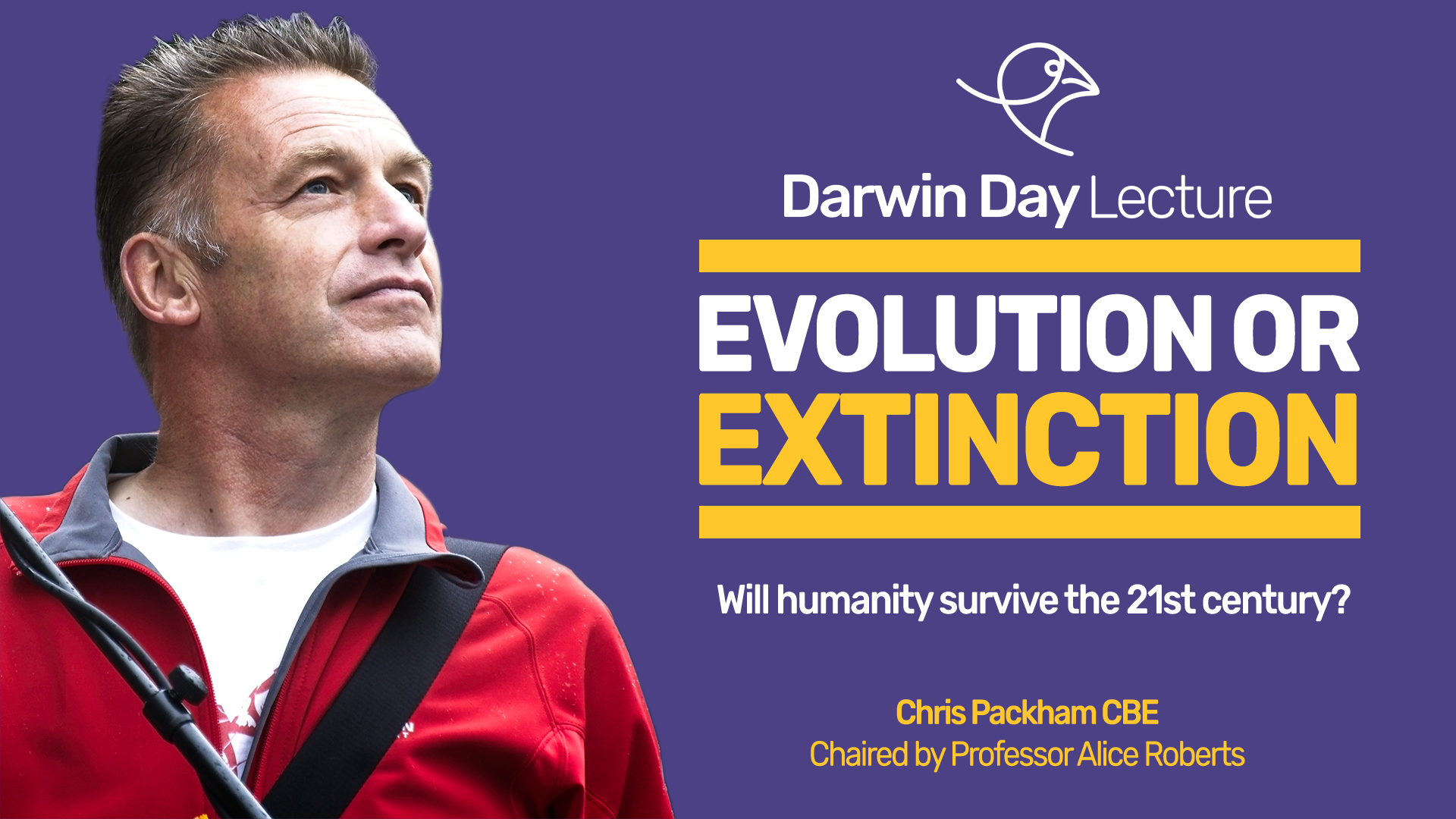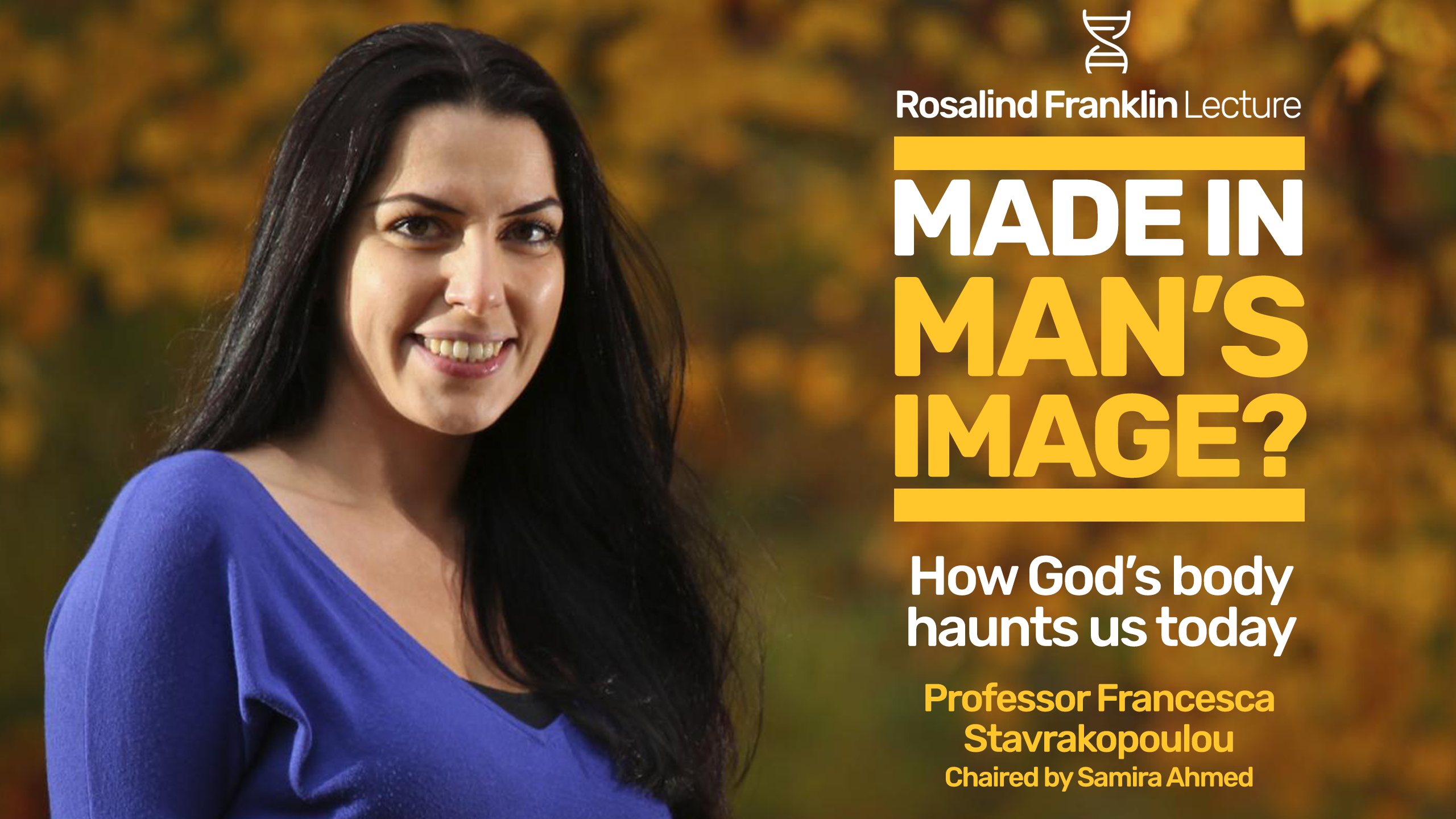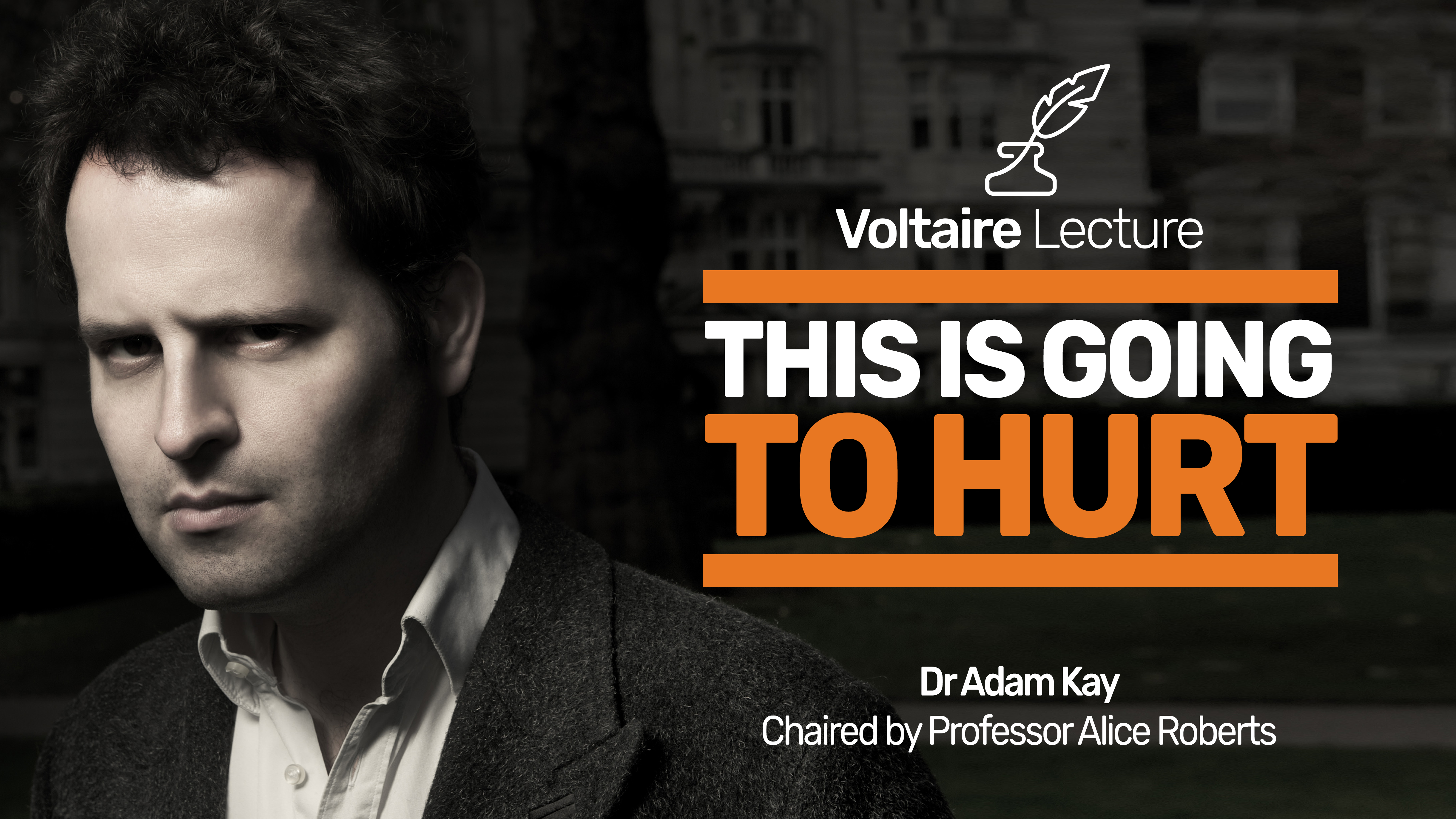Evolution or extinction: will humanity survive the 21st century?
When Charles Darwin wrote of the ‘survival of the fittest’, he wanted to convey that idea that evolution was driven by the survival of organisms most suited to their environments and therefore more likely to survive and pass on their genetic information. With scientific, medical, and economic advances, selective pressures leading to human death have been substantially reduced, and it has been argued that cultural evolution is now the predominant way in which humanity is changing.
Today the threat to human life and civlisation from a human-made climate disaster means that the Doomsday Clock, originally created to viscerally represent our proximity to a nuclear holocaust, now stands at two minutes to midnight. In the 2010s, atmospheric carbon dioxide increased at a faster rate than at any point in human history, and the effects are increasingly apparent all around us. With some scientists even predicting that the Earth’s fragile climate may have already passed the point of no return, the question remains: does our species face extinction?
In response to the evidence of climate change all around us, many legislatures around the world have declared a ‘climate crisis’, and have set out plans to ‘decarbonise the economy’. But will it be enough? Can our culture evolve fast enough to deal with the climate crisis, or do we risk our own extinction?
About Chris Packham
Chris Packham CBE has gained recognition as a naturalist, television presenter, writer, photographer, conservationist, campaigner and filmmaker. He will be immediately recognisable as the presenter of the BBC’s BAFTA-winning Springwatch, Autumnwatch, and Winterwatch series. He is a passionate speaker on climate change, and was awarded a CBE in May 2019 for his services to nature and conservation.
About the Darwin Day Lecture series
The Darwin Day Lecture explores humanism and humanist thought as related to science and evolution, Charles Darwin, or his works. The Darwin Day medallist has made a significant contribution in one of these fields.
The lecture and medal are named and held to mark the annual global celebration of the birth of Charles Darwin, held every 12 February.
Buy your Multi-Lecture Pass
Or book the Darwin Day Lecture only (external website)
Photo credit: Garry Knight, licensed under CC BY 2.0.




